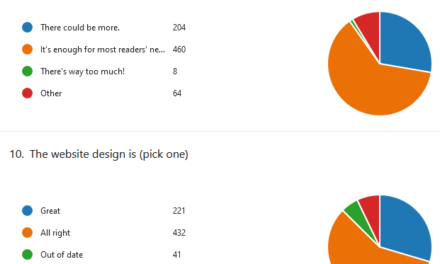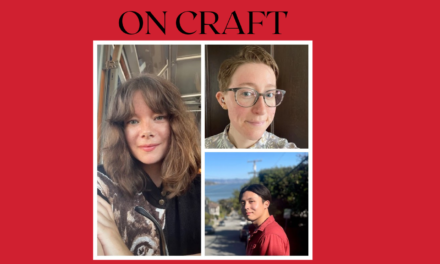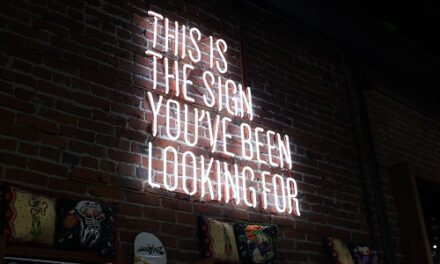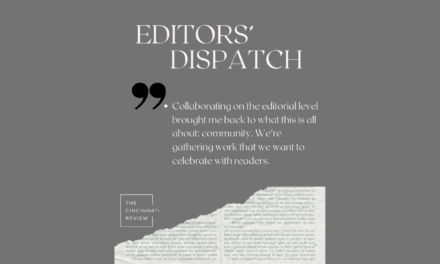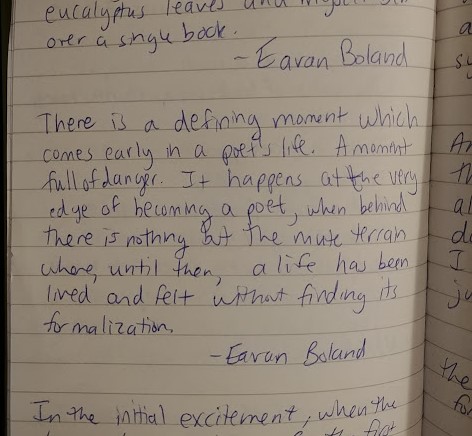
Managing Editor Lisa Ampleman: When The Cincinnati Review printed its first issue sixteen years ago, we included a list of prominent poets and writers who graciously agreed to be part of our advisory board. Among them: Eavan Boland, whom we join the rest of the literary world in remembering now, at the news of her death.
While no one from our staff studied closely with Boland, we know many close friends who did, and we extend our sympathies for their deep loss.
Here’s my personal remembrance, from a distance: When I was in high school and college, I kept a commonplace book, where I pasted or copied by hand poems and quotes that I could go back to again and again, touchstones as I drank in language and learned more about the art of writing.
In late 2000, my friend Matthew Fluharty urged me to read the work of contemporary Irish poets, including Medbh McGuckian and Eavan Boland. I started with Object Lessons: The Life of the Woman and the Poet in Our Time (Norton, 1995), Boland’s prose collection, which describes how she became a poet amid a climate hostile to female poets. I copied out this quote in my commonplace book: “By luck, or its absence, I had been born in a country where and at a time when the word woman and the word poet inhabited two separate kingdoms of experience and expression.”
Boland showed several generations of female-identifying poets how we might blend those two words, those two identities. She showed us how “women’s subjects,” as they might have been termed, aspects of the domestic sphere, can enter and elevate poetry. I thought of her approach often during the first few years of my son’s life, when I felt like my brain had room for nothing beyond the details of the everyday.
In Object Lessons, Boland discusses “the influence of absences,” a failure of a literary tradition to provide companionship for a particular kind of poet. Thanks to her work, I and many other poets didn’t experience that absence.
One more quote from my commonplace book: “There is a defining moment which comes early in a poet’s life. A moment full of danger. It happens at the very edge of becoming a poet, when behind there is nothing but the mute terrain where, until then, a life has been lived and felt without finding its formalization.” The year 2000, as I began contemplating applications to MFA programs, was that defining moment for me, and Eavan Boland was part of the process of my life finding its formal shape.
Our deepest condolences to her husband, children, and loved ones.


